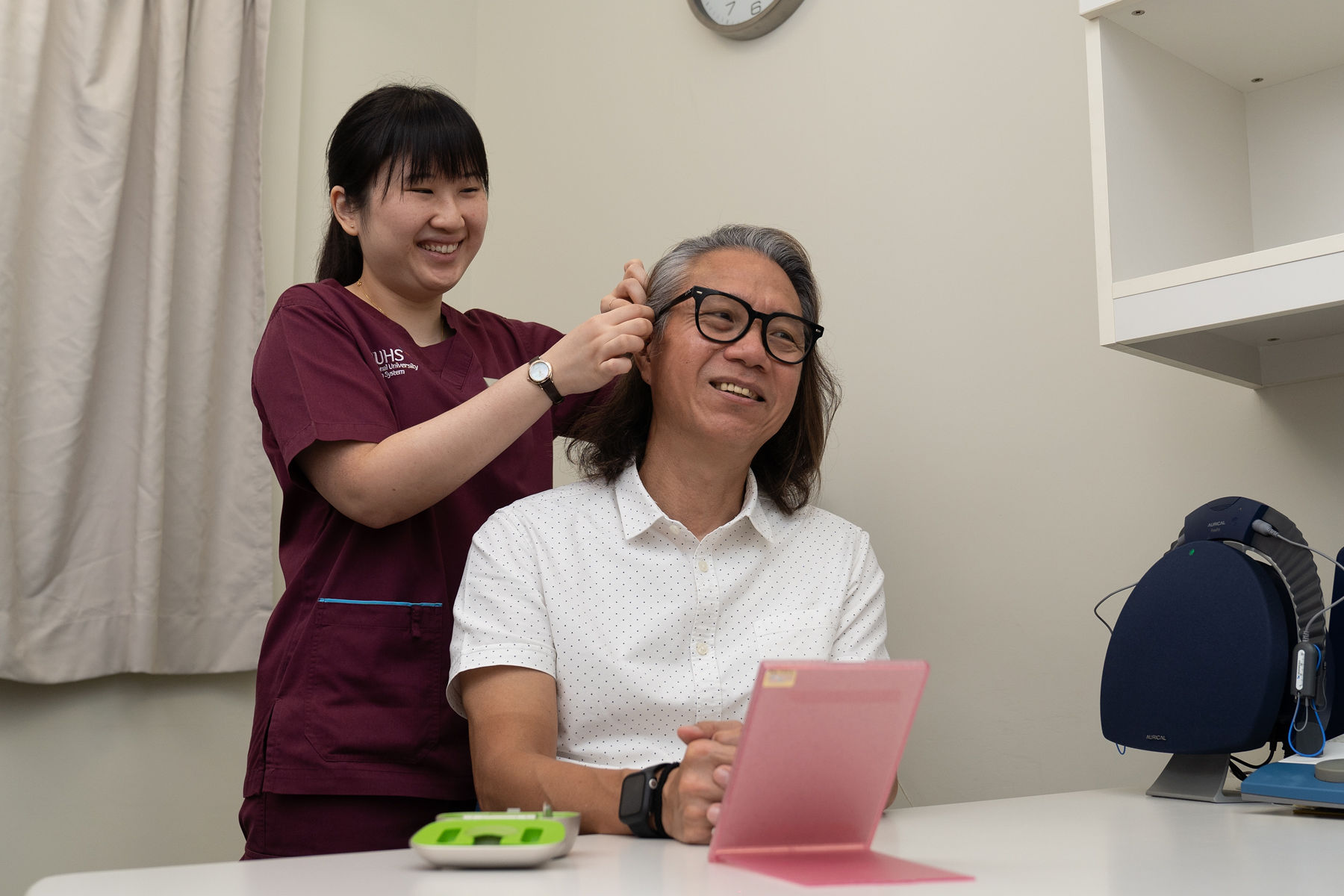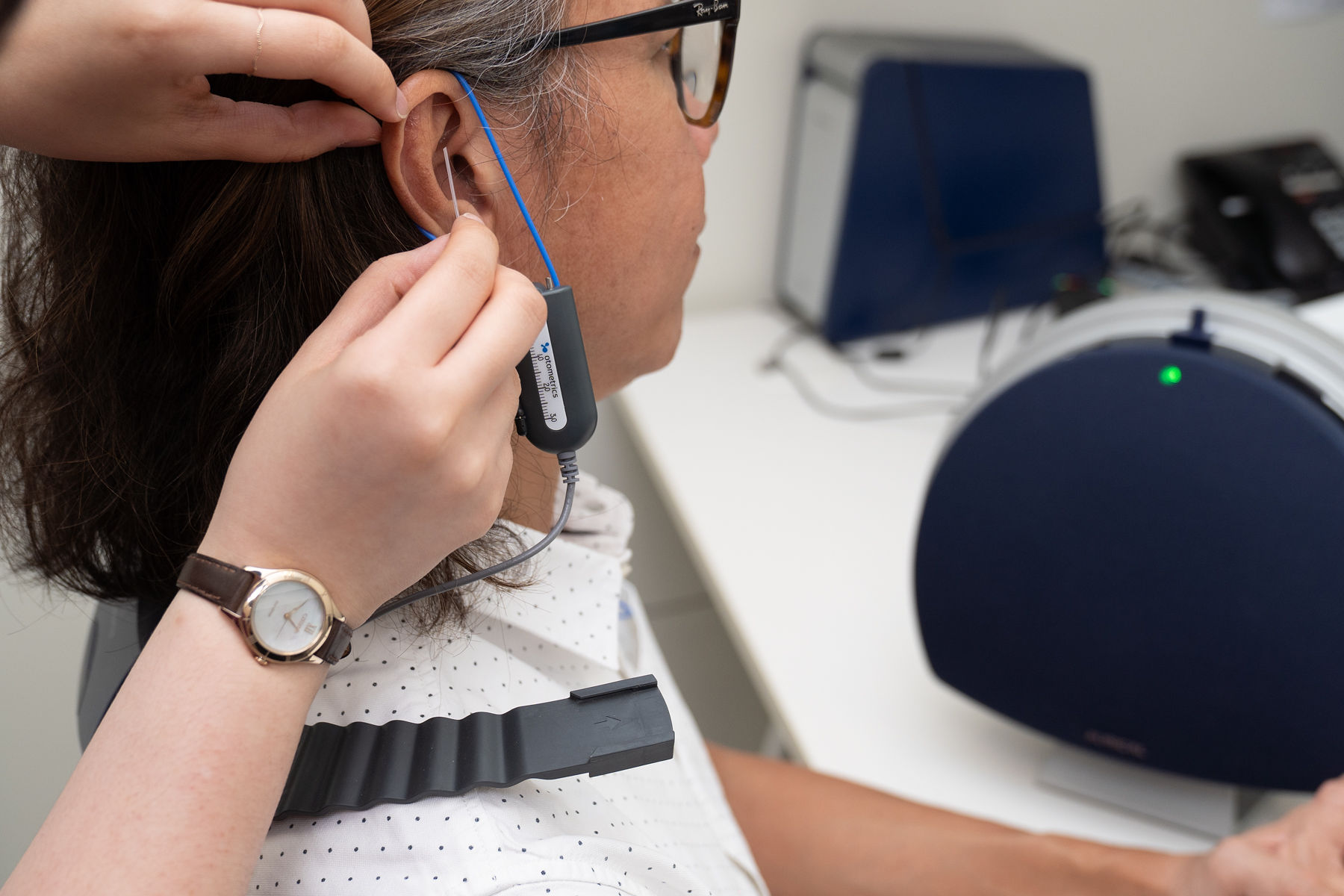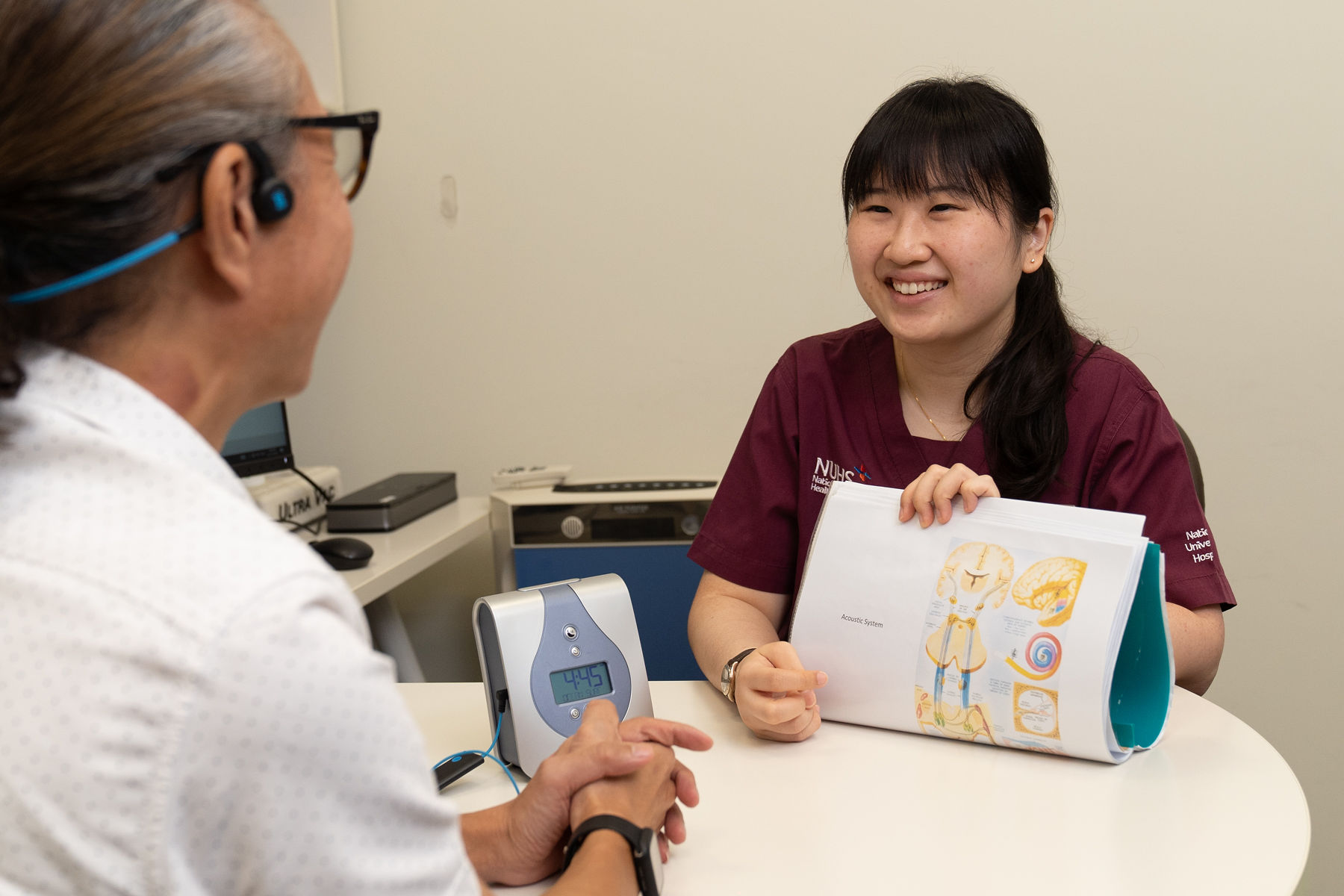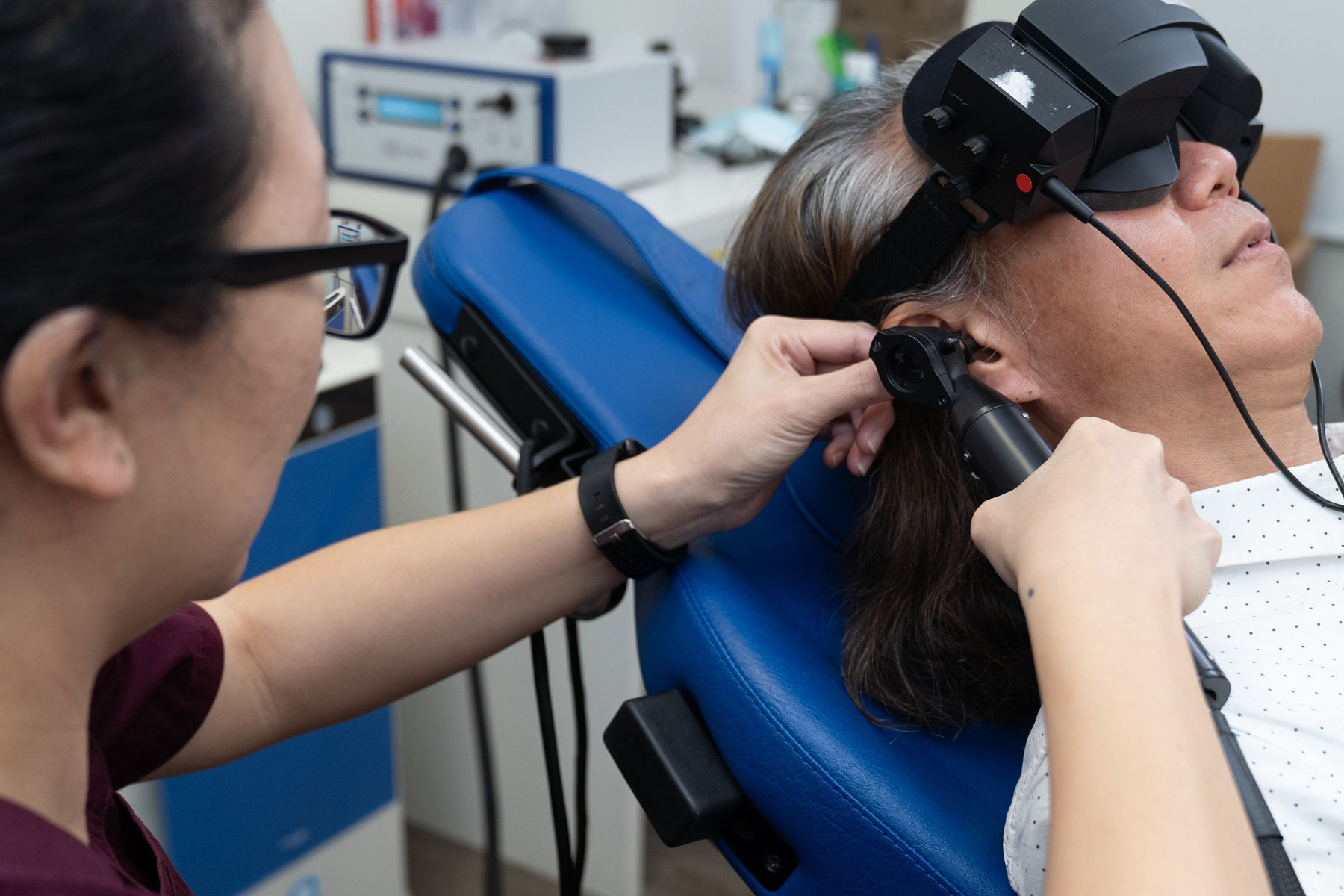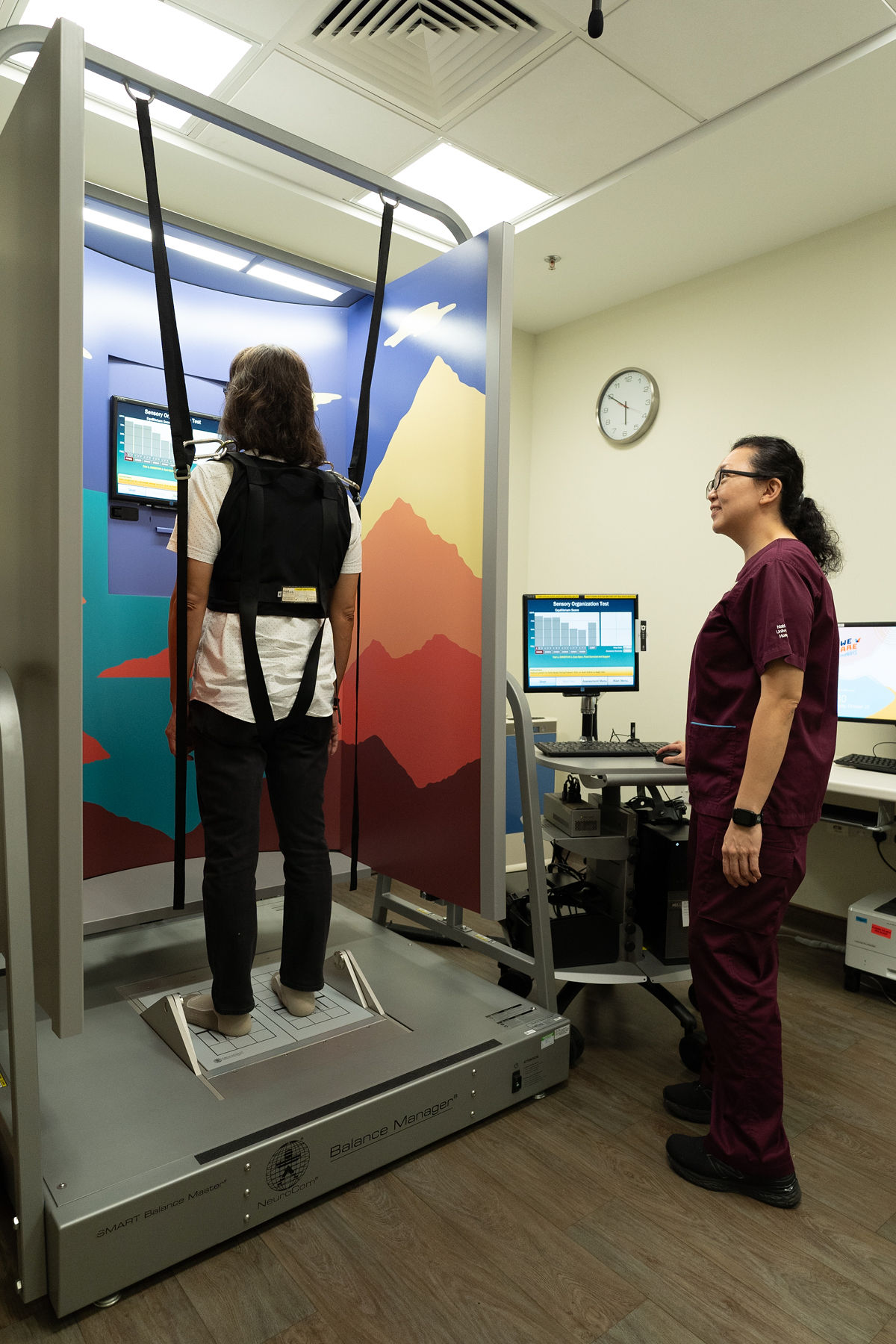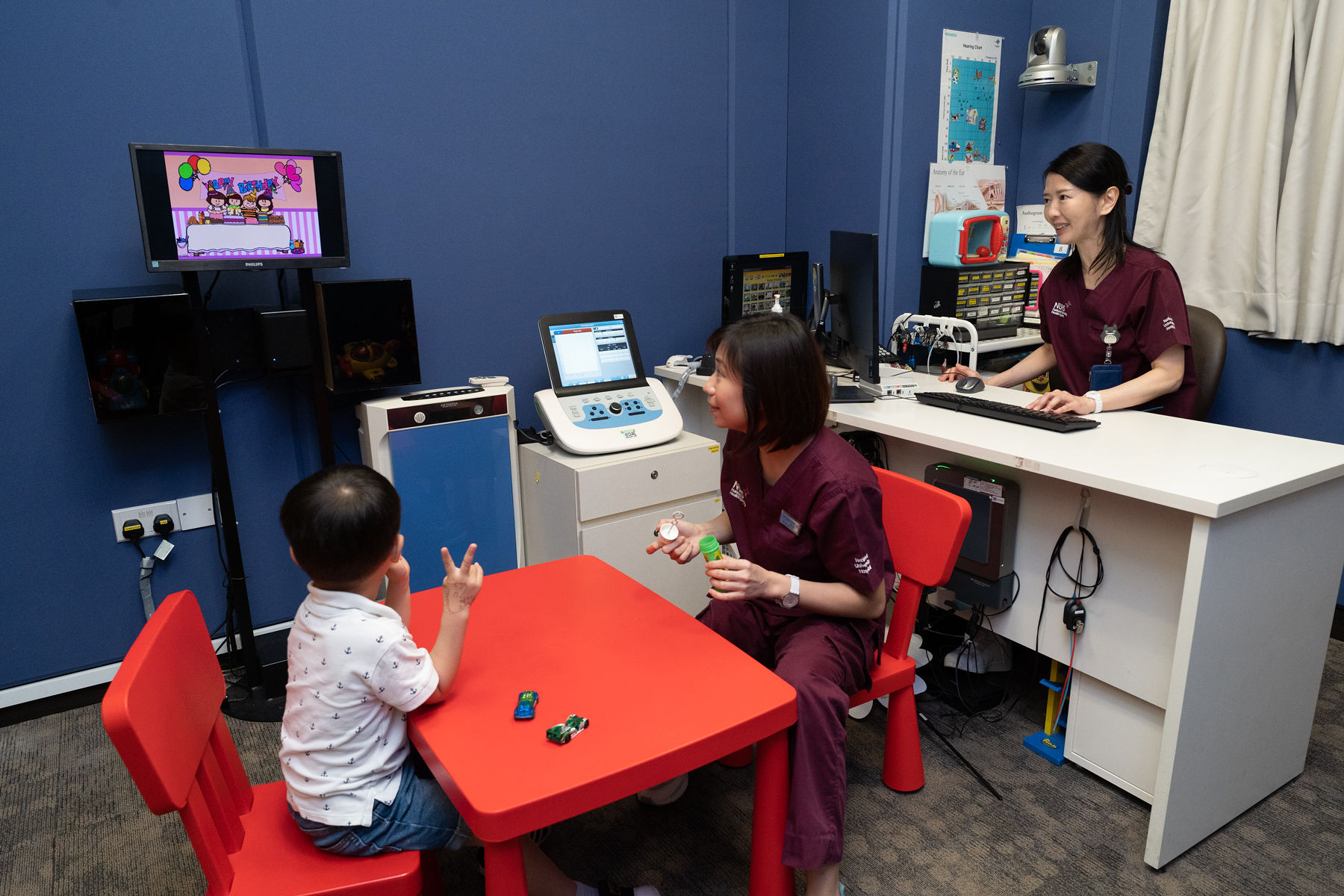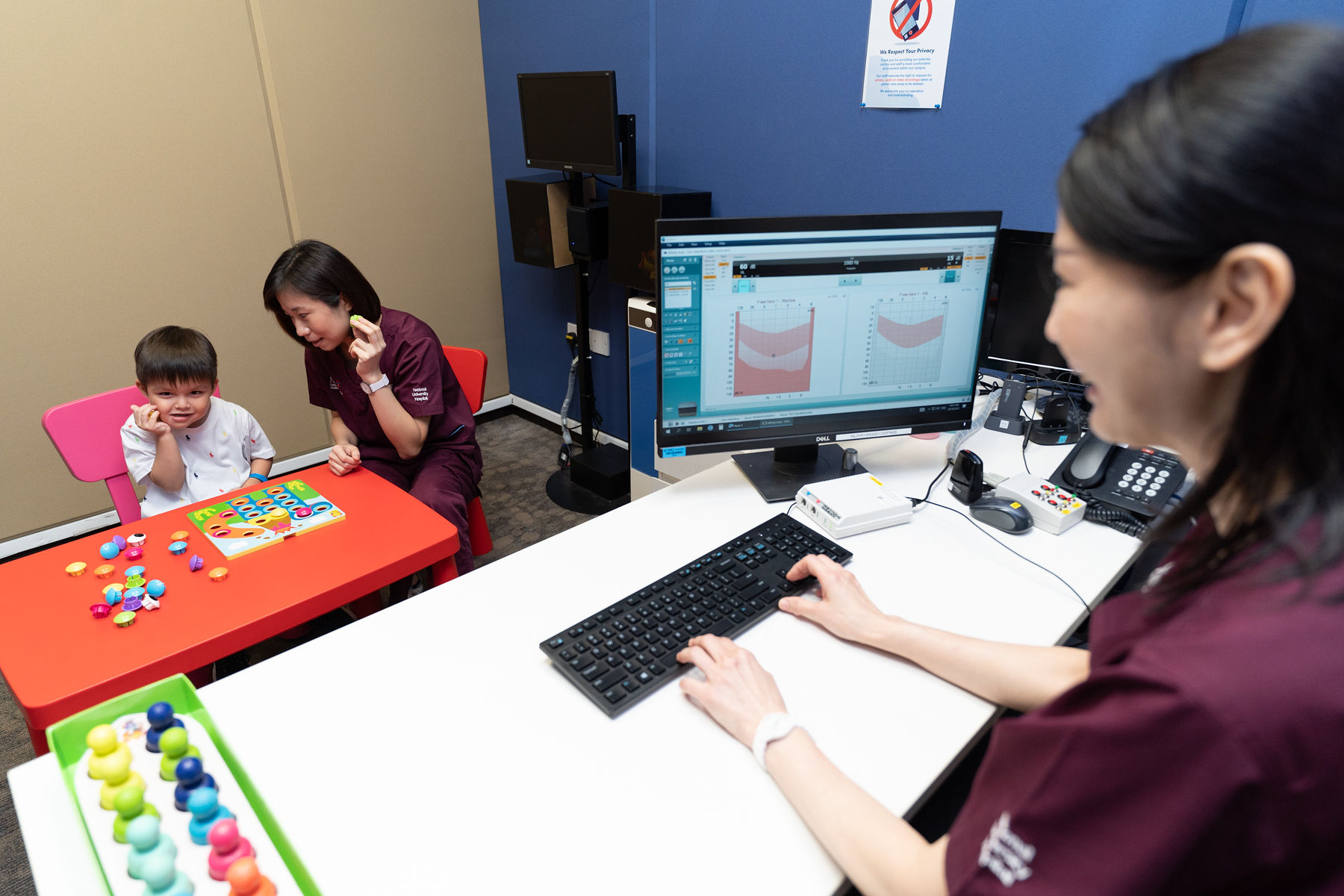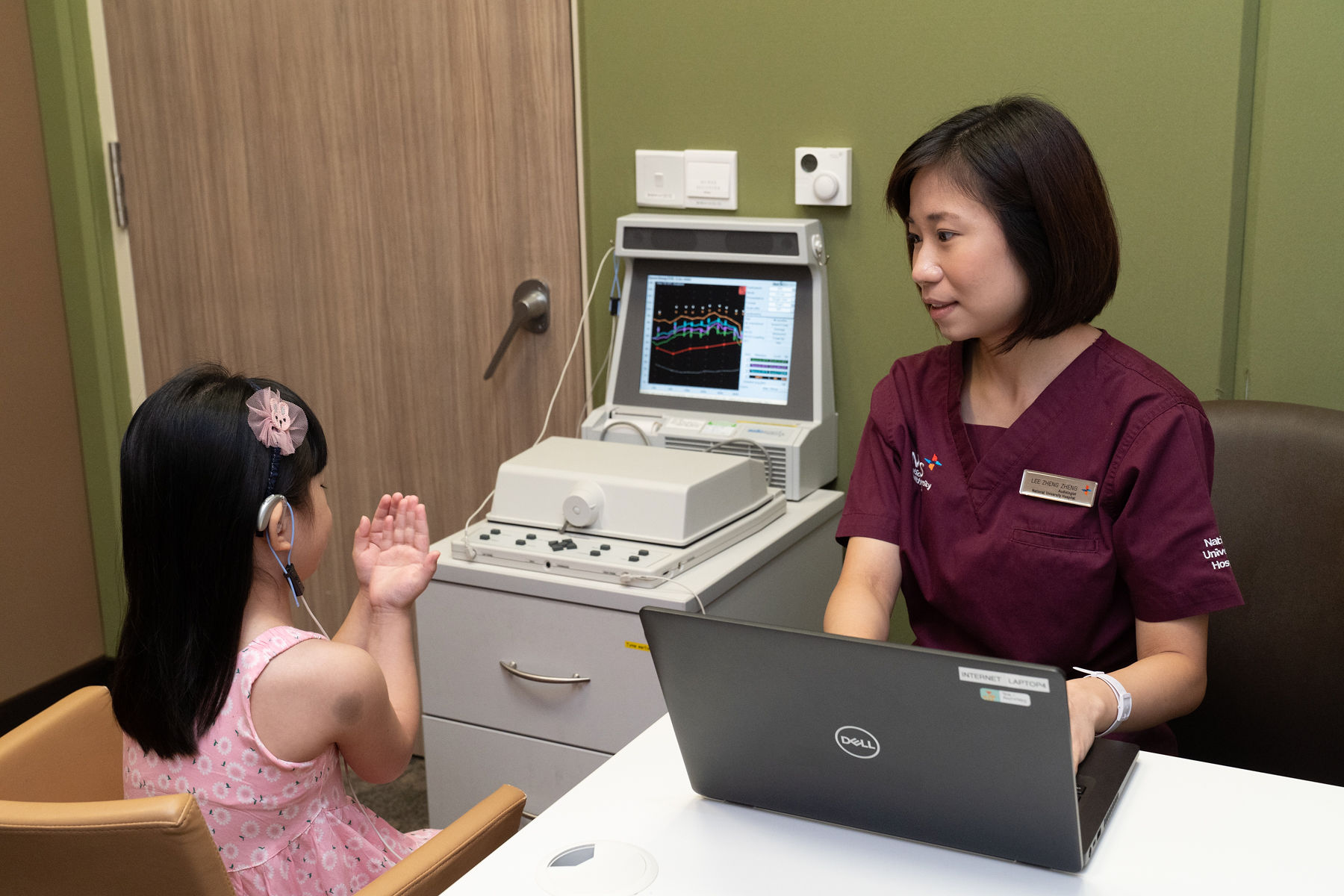NUH will NEVER ask you to transfer money or disclose bank details over a call.
If in doubt, call the 24/7 ScamShield helpline at 1799, or visit the ScamShield website at www.scamshield.gov.sg.
For more information, please refer to: https://www.nuh.com.sg/beware-of-scams-impersonating-nuh
Beware of Scam Calls

-
Care at NUH
Personalised CareAppropriate and Value-Based Care (AVBC)Your Outpatient VisitOther Useful Information
- Health Resources
-
Healthcare Professionals
Patient ReferralPrimary Care PartnersOur Quarterly Publication
- Research & Education
- Careers
-
About NUH
Patient & Quality Metrics
- I Want To
